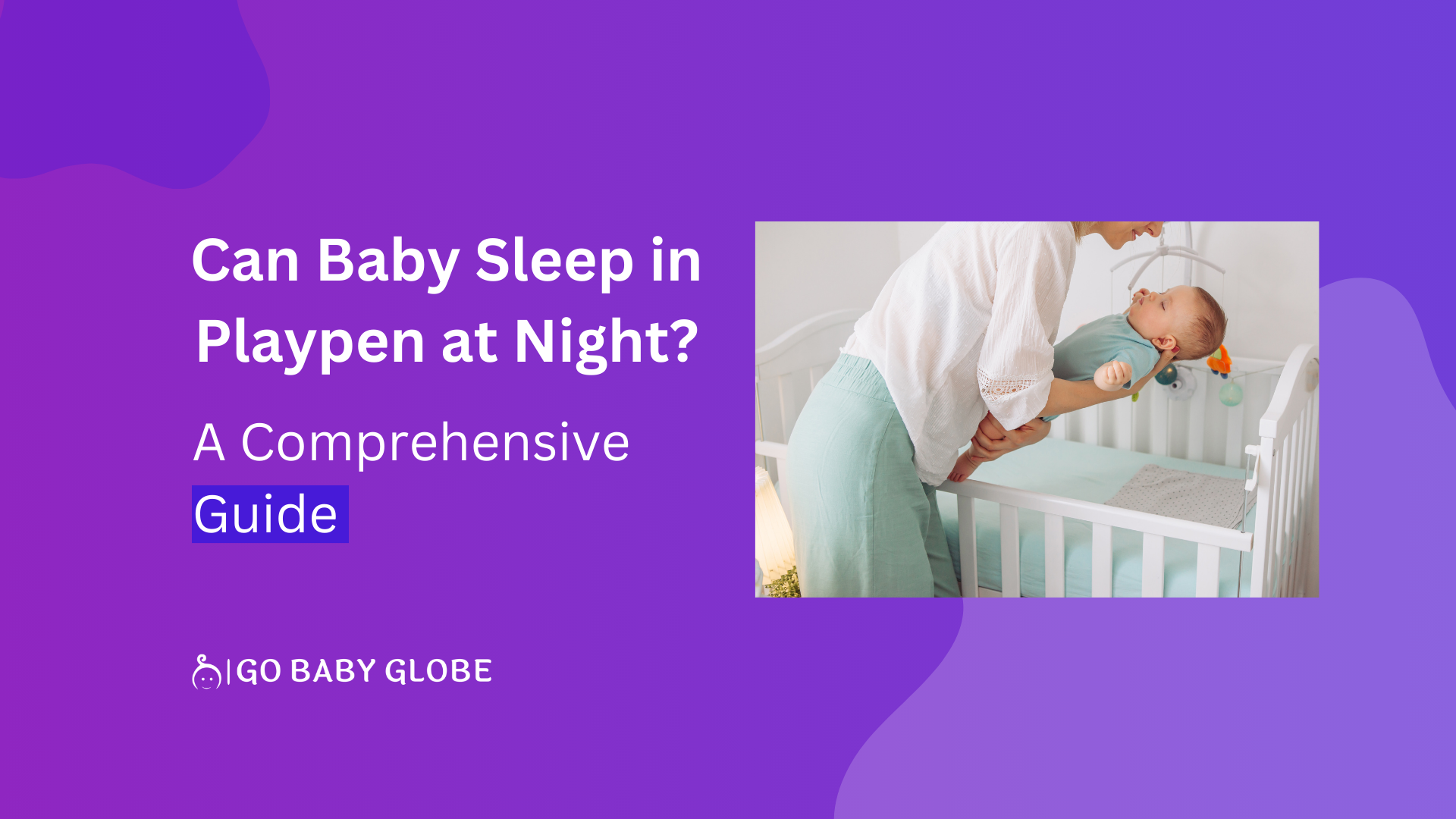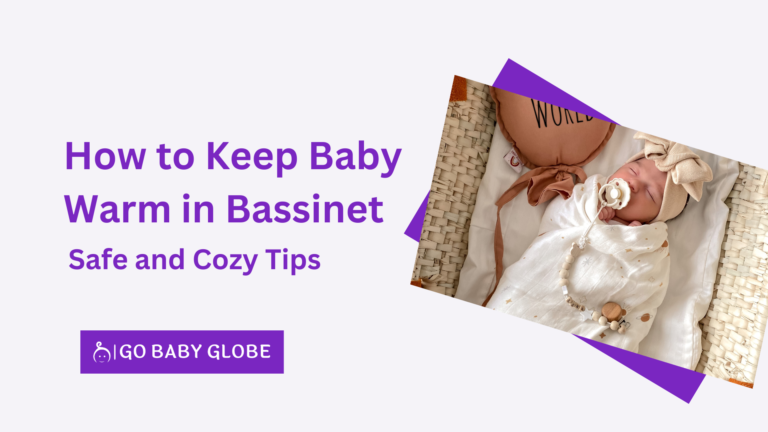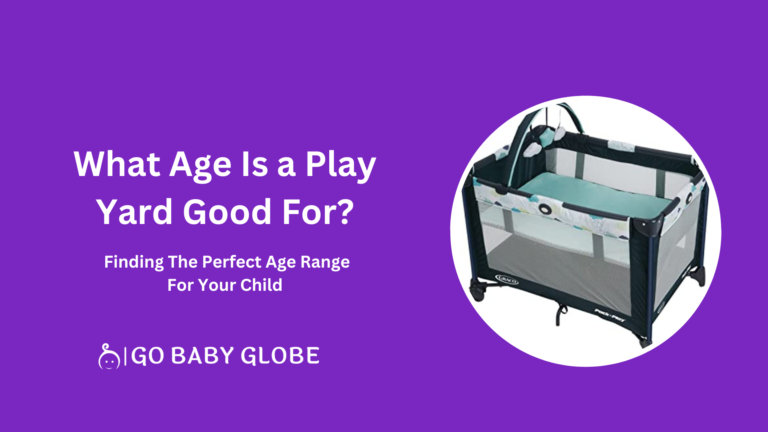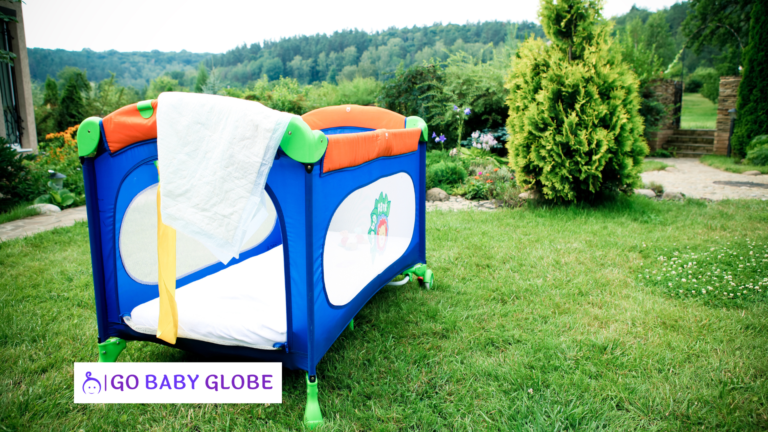Can Baby Sleep in Playpen at Night: A Comprehensive Guide
When it comes to ensuring the safety and comfort of your little one during bedtime, parents often find themselves pondering over various options. One common question that many parents ask is, “Can baby sleep in playpen at night?” In this comprehensive guide, we will delve into the intricacies of this topic to provide you with all the information you need to make an informed decision.
The Versatile Playpen
Playpens, also known as play yards or pack ‘n plays, have long been a staple in households with infants and toddlers. They serve a multitude of purposes, from providing a safe space for playtime to a convenient spot for napping. However, whether or not a baby can sleep in a playpen at night depends on several factors.
Safety First
The safety of your child is paramount, and this should be the guiding principle in any decision you make regarding sleep arrangements. Playpens are designed with safety in mind, featuring sturdy sides that prevent your baby from rolling out. However, to ensure the utmost safety:
1. Choose the Right Playpen
Select a playpen that meets safety standards and is free from any defects. Look for the certification label, which indicates that the playpen complies with safety regulations.
2. Proper Assembly
Follow the manufacturer’s instructions carefully when setting up the playpen. Ensure that all components are securely in place, and there are no loose parts that could pose a hazard.
3. Mattress Matters
If you intend for your baby to sleep in the playpen, invest in a firm and snug-fitting mattress that is designed specifically for that playpen model. Avoid using additional padding or blankets inside the playpen, as these can increase the risk of suffocation.
Read This for Best Large Playpens:
Age and Developmental Stage
The suitability of a playpen for overnight sleep largely depends on your baby’s age and developmental stage. Here’s a breakdown:
Newborns (0-3 Months)
Newborns have specific sleep needs, including the need to sleep on their backs to reduce the risk of Sudden Infant Death Syndrome (SIDS). While playpens can be used for short naps during the day, it’s generally recommended that newborns sleep in a crib or bassinet designed for their safety and comfort.
Infants (4-12 Months)
As your baby grows and gains more head control, you can consider using a playpen for occasional overnight sleep. However, always prioritize placing them in a crib or bassinet for the majority of their nighttime rest.
Toddlers (12 Months and Older)
Toddlers can safely sleep in a playpen, provided it meets safety standards. Ensure that the playpen is free from any hazards, such as loose bedding or toys that could pose a risk.
Creating a Sleep-Conducive Environment
Whether you choose a crib, bassinet, or playpen for your baby’s nighttime slumber, it’s essential to create a sleep-conducive environment. Here are some tips:
1. Room Temperature
Maintain a comfortable room temperature, ideally between 68°F and 72°F (20°C to 22°C). Dress your baby appropriately for the temperature to prevent overheating or chilling.
2. Darkness and White Noise
Darken the room to signal that it’s nighttime. Some babies also find white noise soothing, which can be achieved with a fan or a white noise machine.
3. Consistent Bedtime Routine
Establish a consistent bedtime routine to signal to your baby that it’s time to sleep. This routine can include activities like a warm bath, gentle rocking, or reading a bedtime story.
Final Thoughts
In conclusion, the decision of whether your baby can sleep in a playpen at night depends on factors such as safety, age, and developmental stage. While playpens can be a useful tool for daytime naps and playtime, it’s essential to prioritize your baby’s safety and comfort during nighttime sleep.
Always consult with your pediatrician if you have concerns or questions about your baby’s sleep arrangements. Remember that every child is unique, and what works for one may not work for another. By making informed choices and prioritizing safety, you can ensure that your baby gets the restful sleep they need.







